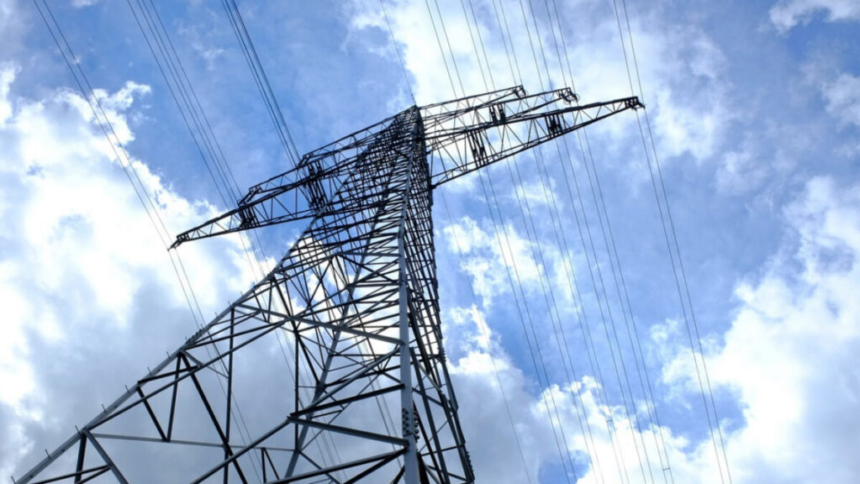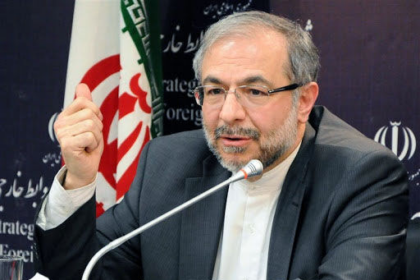RASC News Agency: Local sources in Pul-e-Alam, the capital of Logar province, have confirmed that unidentified individuals looted the power transmission lines of a local substation late on Friday, Aug 29. The theft, carried out astonishingly close to a Taliban security outpost, has both baffled and angered residents, who question how such an incident could unfold in an area supposedly under strict Taliban surveillance. The brazen act plunged several neighborhoods of Pul-e-Alam into darkness, disrupting livelihoods and exacerbating the already fragile living conditions of ordinary Afghanistani citizens. While Afghanistan’s state electricity company, Da Afghanistan Breshna Sherkat, issued a statement on Saturday acknowledging the theft and promising that technical teams were working urgently to restore the network, Taliban officials in Logar have remained conspicuously silent. Their refusal to comment has only reinforced public suspicion of either their complicity or their sheer indifference.
Residents interviewed by Local sources emphasized that this is not an isolated case. Public infrastructure and private property have repeatedly been targeted in Logar and elsewhere, often in close proximity to Taliban checkpoints. “It defies belief that such thefts could happen right under their noses without their knowledge,” said Rahimullah, a pseudonym for a shopkeeper in Pul-e-Alam. “Either they are involved, or they simply do not care. In both cases, we are the ones who suffer.” This troubling pattern is not limited to Logar. Across Afghanistan, thefts, night raids, and systematic looting have become routine under Taliban rule. Far from safeguarding essential services, Taliban forces appear incapable or unwilling to protect even the most vital public resources. In some cases, state-owned facilities and critical infrastructure have been stripped in ways that suggest organized, insider-enabled operations. Analysts increasingly believe that criminal networks are operating in tandem with Taliban elements, with looted goods feeding into clandestine markets beyond the reach of accountability.
For ordinary citizens, the consequences are devastating. In a country already crushed by economic collapse and widespread poverty, the loss of electricity intensifies hardship, crippling small businesses, hospitals, and households alike. “We are living in darkness literally and politically,” said Zahra, a pseudonym for a schoolteacher in Logar. “The Taliban pretend to govern, but they cannot even stop thieves from stealing the wires above their own checkpoints.” Such incidents are symptomatic of a broader crisis of governance under Taliban rule. Despite their claims of restoring order, Afghanistan today is marked by lawlessness, corruption, and fear. The unchecked theft of national resources highlights not only the Taliban’s incompetence but also their moral bankruptcy. Instead of safeguarding the lives and livelihoods of Afghanistani citizens, the group presides over a climate of impunity in which banditry thrives and the public suffers.
The silence of Taliban officials in the face of mounting public anger is telling: it reflects a regime unwilling to accept responsibility, unable to enforce law, and undeserving of the legitimacy it craves. For the people of Afghanistan, the stolen power lines in Logar symbolize something far greater the extinguishing of light under a regime that has left the nation in darkness.






